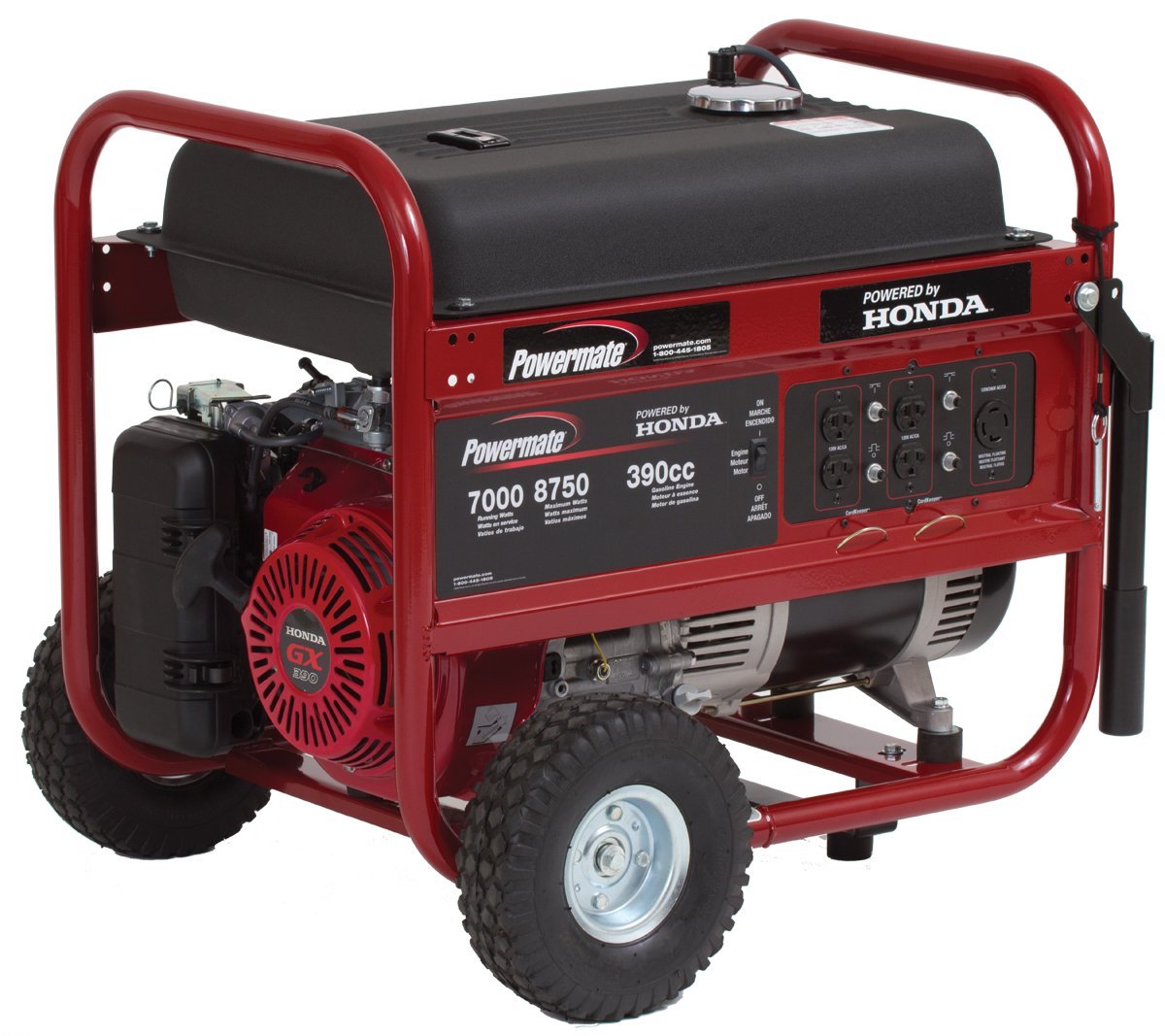Introduction to Used Generators
In today's world where energy demands are constantly increasing, generators have become an essential part of both commercial and residential setups. Whether it's for providing backup power during outages or for powering tools and machinery in remote locations, generators offer a reliable source of energy. However, purchasing a brand-new generator can be quite costly, which is why many people are turning towards used generators as a more affordable alternative. In 2024, the market for used generators has expanded significantly, offering a wide range of options for buyers. This article delves into the aspects you should consider when purchasing a used generator, the benefits involved, and tips for making a smart purchase.
Benefits of Buying Used Generators
There are several advantages to purchasing a used generator over a new one. The most obvious benefit is cost savings. Used generators are typically available at a fraction of the price of new ones, making them an attractive option for budget-conscious buyers. Additionally, used generators often come with a proven track record of reliability. Since these machines have already been in operation, any initial manufacturing defects are likely to have been addressed, giving you a machine that is ready to perform. Furthermore, opting for a used generator is an environmentally friendly choice, as it promotes the reuse of equipment and reduces waste.
Considerations When Buying Used Generators
Before committing to a used generator purchase, there are several factors you should take into account. Firstly, it's important to assess your power needs. Determine the wattage requirements of the appliances or equipment you plan to power with the generator. This will help you select a generator that can handle the load efficiently. Secondly, consider the age and condition of the generator. While an older model might come at a lower price, newer models often feature improved technology and efficiency. It's crucial to inspect the generator thoroughly, checking for signs of wear and tear, rust, or any potential issues that could affect its performance.
Research and Compare Options
The used generator market is vast, with numerous models and brands available. To make an informed decision, it's essential to conduct thorough research. Start by identifying reputable sellers or dealers who specialize in used generators. Online marketplaces, classified ads, and auction sites can also be valuable resources. Once you have a list of potential options, compare the specifications, features, and prices. It may be helpful to read reviews or seek recommendations from industry professionals to gain insights into the reliability and performance of specific models. By researching and comparing options, you can find a generator that meets your needs and budget.
Inspecting a Used Generator
Inspecting a used generator is a critical step in the purchasing process. Begin by examining the exterior of the generator for any visible damage or rust. Check the fuel system, including the fuel tank, lines, and filters, to ensure there are no leaks or clogs. The engine should be inspected for oil leaks, and the oil level should be checked. Additionally, assess the condition of the battery and electrical components. It's also advisable to conduct a test run of the generator to evaluate its performance and listen for any unusual noises. If you're not confident in your ability to assess the generator's condition, consider hiring a professional technician to conduct a thorough inspection.
Negotiating the Best Deal
Once you've identified a used generator that meets your requirements, it's time to negotiate the best deal. Start by researching the fair market value of the generator model you're interested in. This information will serve as a reference point during negotiations. Be prepared to discuss the generator's age, condition, and any maintenance or repair history. Use this information to justify your offer if the asking price seems too high. Remember, negotiation is a two-way process, so be open to compromise. If the seller is not willing to lower the price, consider asking for additional perks, such as a warranty or free delivery, to sweeten the deal.
Understanding Warranty and After-Sales Support
When purchasing a used generator, it's important to inquire about any available warranties or after-sales support. While used generators may not come with the same level of warranty coverage as new ones, some sellers offer limited warranties or service agreements. These can provide peace of mind and protection against unexpected repairs. Additionally, find out if the seller offers any after-sales support, such as maintenance services or access to spare parts. Having a reliable source for ongoing support can be invaluable in ensuring the longevity and performance of your used generator.
Conclusion: Making a Smart Purchase
Purchasing a used generator in 2024 can be a wise investment, offering significant cost savings and reliable performance. By carefully considering your power needs, conducting thorough research, and inspecting potential options, you can find a generator that meets your requirements. Remember to negotiate the best deal and inquire about warranties and after-sales support to ensure a smooth buying experience. With the right approach, a used generator can provide you with the power you need, whether it's for home use, business operations, or outdoor activities. Take your time, weigh your options, and make a purchase that delivers value and peace of mind.
Article Recommendations


